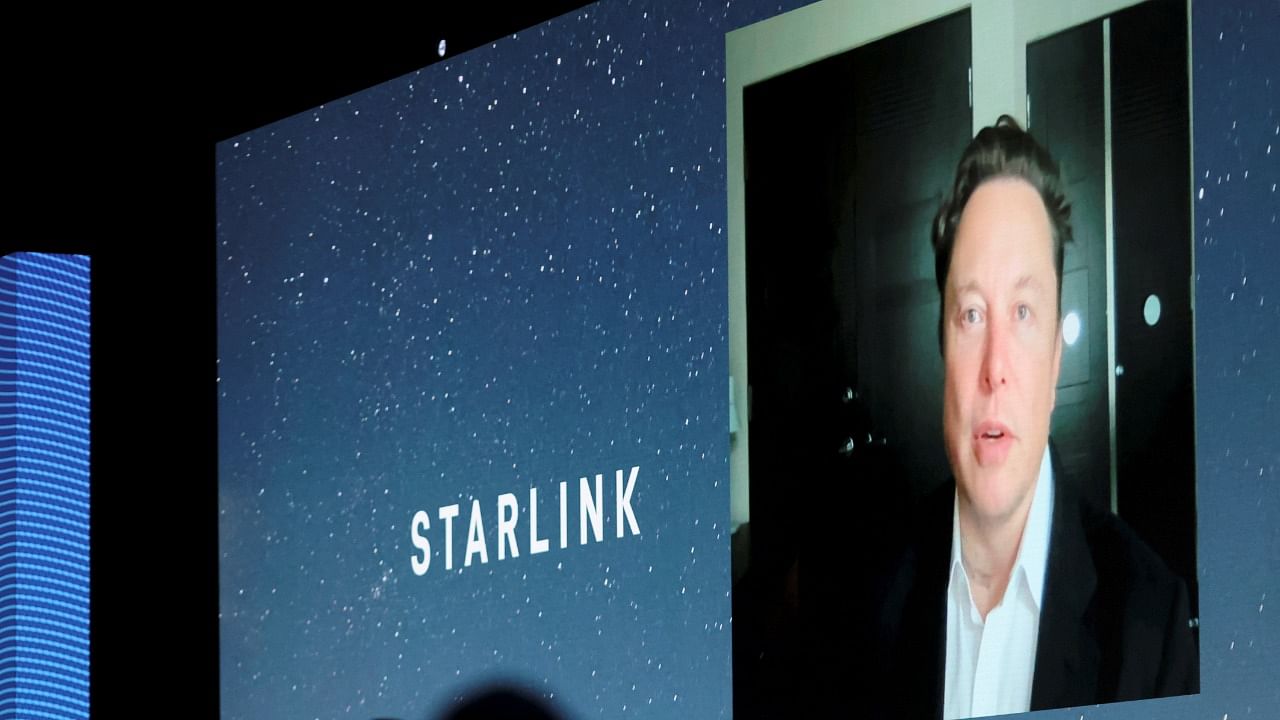
The Telecom Department also asked Starlink to comply with the regulatory framework for offering satellite-based communication services, and refrain from booking/rendering the satellite internet services in India.
Credit: Reuters photo
Elon Musk's Starlink is facing delays in obtaining a licence to provide satellite-based broadband services in India, and Verizon Communications, a US telecom company, is cited as a contributing factor to the setback, according to sources familiar with the matter, reported Economic Times.
The snag in Starlink's application revolves around mandatory ownership disclosure rules. Starlink has cited US privacy laws preventing it from divulging full shareholding details of its parent company, SpaceX, due to SpaceX being an unlisted entity. Instead, Starlink provided a declaration asserting that none of its shareholders are from countries that share a land border with India.
However, the Indian government, having learned from past experiences, is cautious about accepting such declarations, the publication noted. Verizon Communications India, in a similar scenario last year, submitted a declaration for renewing its Internet Service Provider (ISP) licence, stating that none of its entities had shareholders from India's neighbouring countries with a shared land border.
Later, it was discovered that Verizon had shareholding from Pakistan, Bangladesh, and Hong Kong (a part of China), leading the government to advise Verizon to apply through the government approval route for licence renewal, even though the shareholding from these countries was less than one per cent.
In response to the Verizon case, the Department for Promotion of Industry & Internal Trade (DPIIT) amended the Foreign Direct Investment (FDI) policy in 2020. This amendment made prior government approval mandatory for inflows from countries sharing a land border with India, requiring foreign companies investing in sectors such as defence and communications to submit comprehensive shareholding details to the government, including notifications for any changes.
Due to the cautious stance adopted post-Verizon, the Department of Telecommunications (DoT) is now seeking advice from DPIIT on whether to accept Starlink's declaration. Meanwhile, competitors like Eutelsat OneWeb and Reliance Jio's satcom venture already have the necessary permits, and Amazon's Project Kuiper, led by Jeff Bezos, has also applied for a licence for its satellite broadband venture.